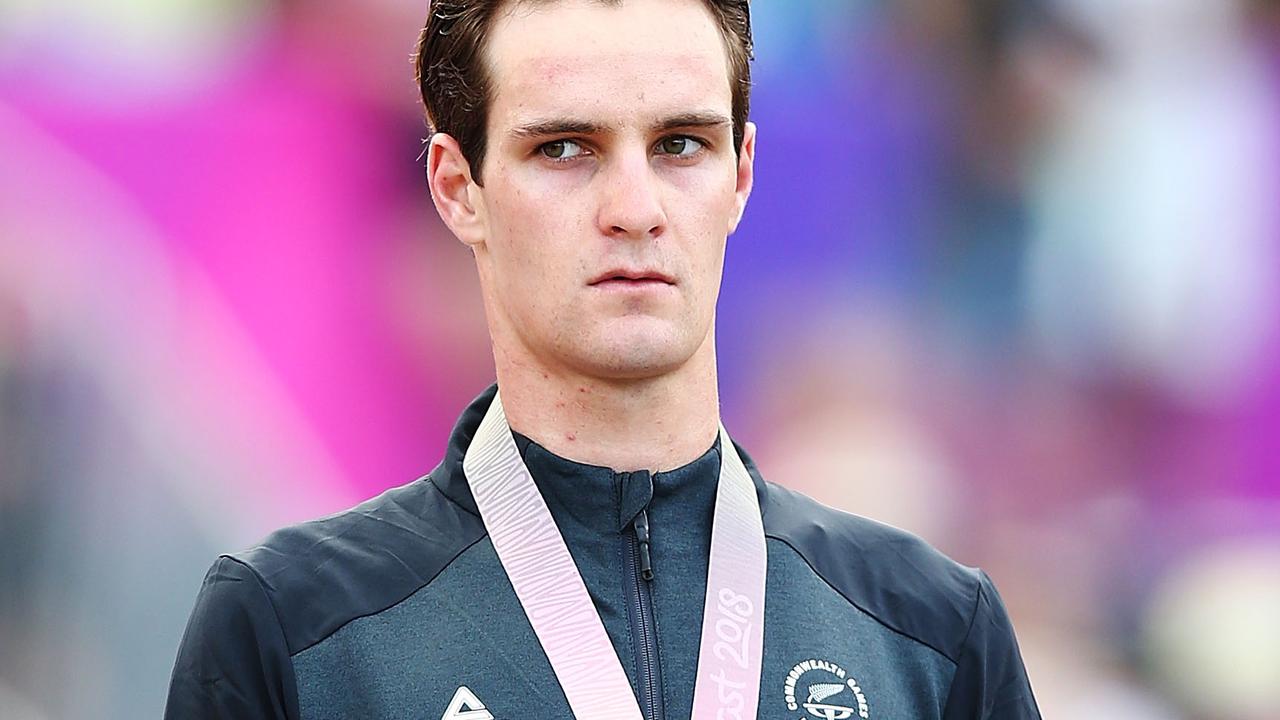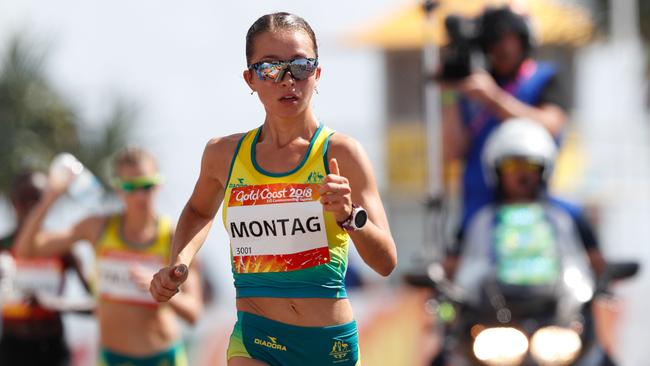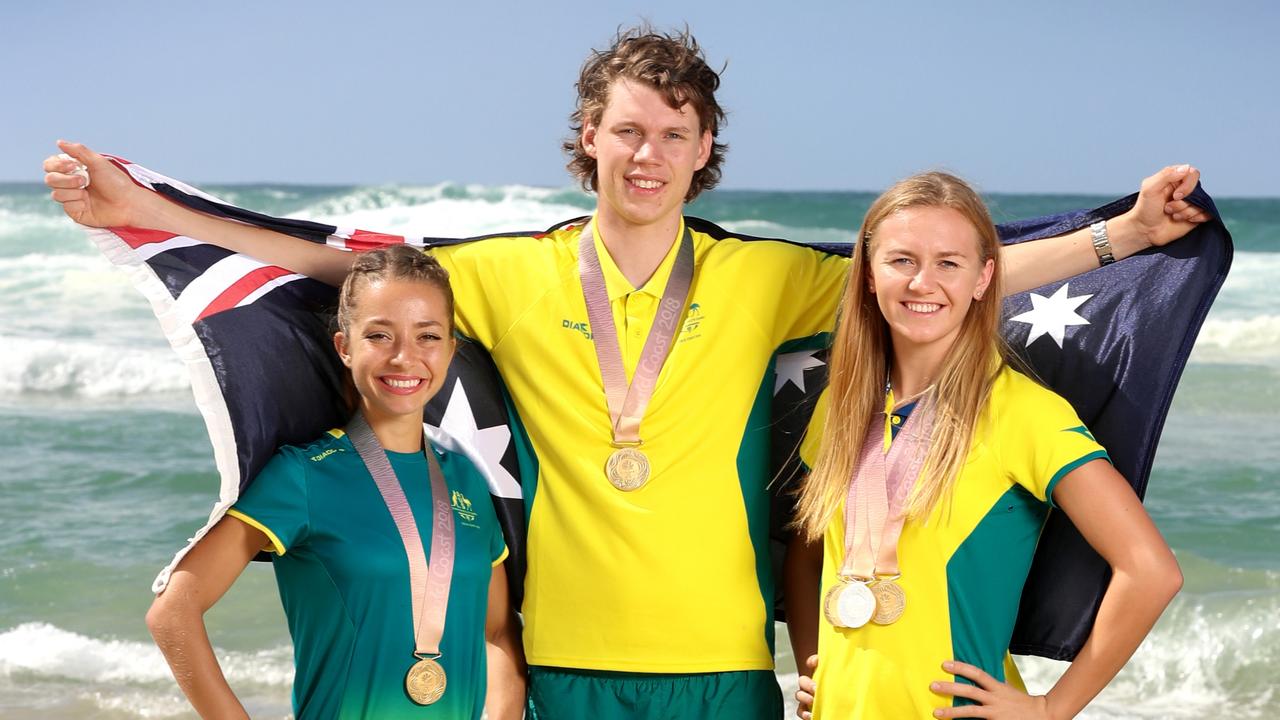No phones and a rubber duck behind Australian cycling rebuild that nets 10 gold at Games
FROM banning phones at dinner to putting a rubber duck in the ice bath, training in a heat chamber and poaching key staff from Great Britain — Australian cycling is fast rebuilding from the rubble that was left after the last Olympics.
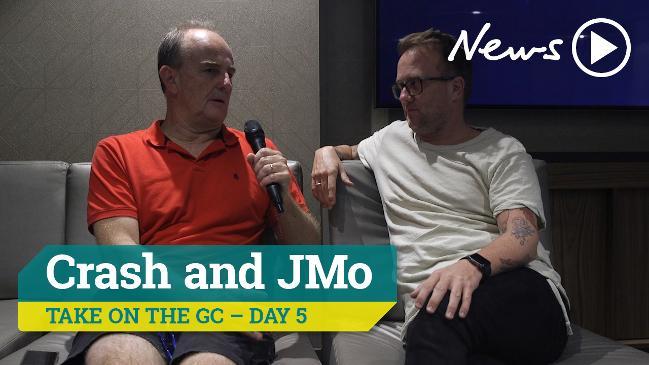
FROM banning phones at dinner to putting a rubber duck in the ice bath, training in a heat chamber and poaching key staff from Great Britain — Australian cycling is fast rebuilding from the rubble that was left after the last Olympics.
Having targeted eight Comm Games gold medals across three disciplines of track, road and mountain bike, Australia walked away with 10 from the track alone and easily topped the medal tally with 19 medals in total.
There were some big misses as well such as the men’s team sprint and sprint, and women’s points race, which were caused by tactical and mechanical blunders, but on the whole it was a dominant four days.
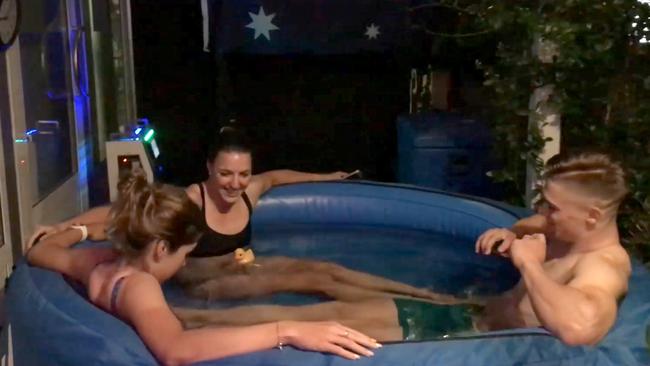
And more important than the medals have been the times which are world class.
The men’s team pursuit regained the world record for the first time since 2004, Kaarle McCulloch and Stephanie Morton broke PBs and Games records as a team and individually, and Annette Edmondson and Rebecca Wiasak set Games records in the individual pursuit.
There’s no doubt the track was fast and the conditions conducive to good times, but riders still had to get it done, and it appears to be the culmination of the little things both on and off the bike that are making a difference.
Such as banning riders and staff from even touching their phones while having dinner together to promote discussion and the team atmosphere.
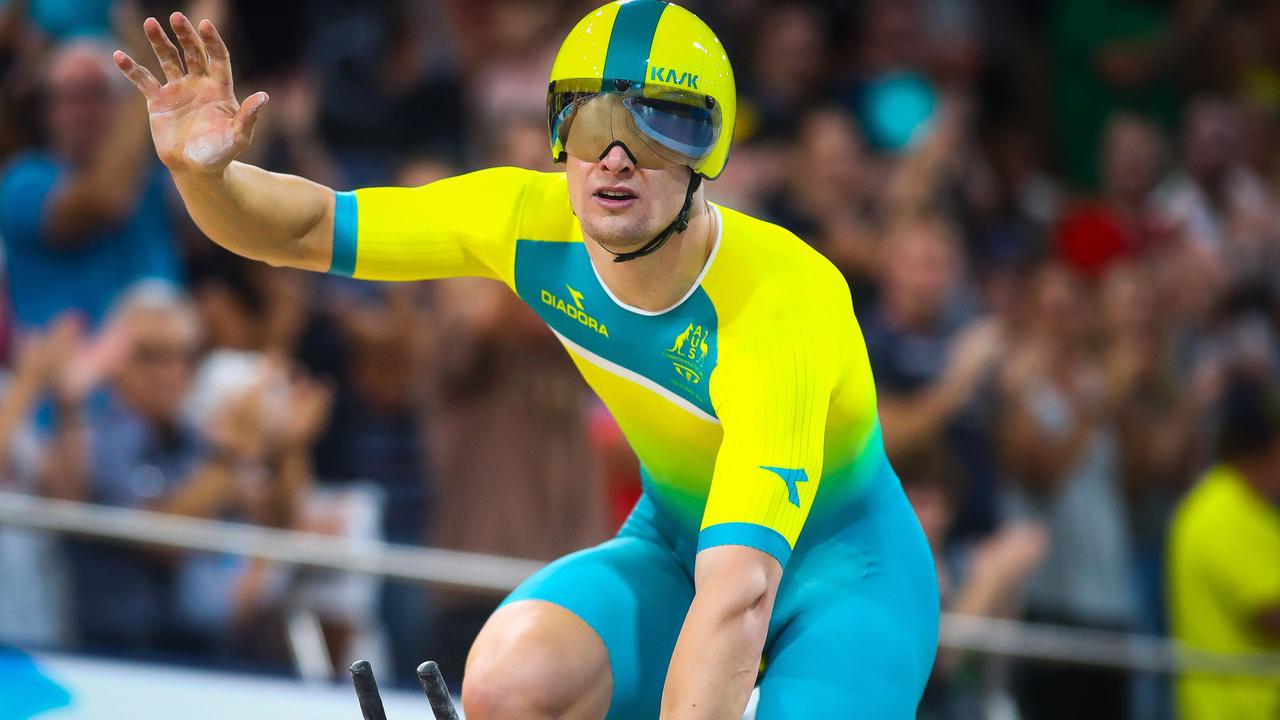
In an attempt at humour, coaches put a rubber duck in the inflatable ice bath at the team hotel to try to distract the riders from how cold it is during compulsory recovery.
They also brought in a handwashing expert to show them how to minimise the risk of getting sick at competition, and they trained in a heat chamber in Adelaide to acclimatise themselves to Brisbane’s weather.
CA conducted a thorough and exhaustive review into its high performance program after the Rio Olympics and no one escaped scrutiny.
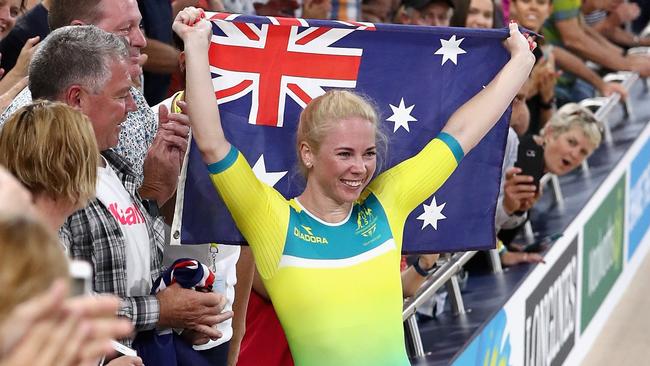
It then made three key appointments from the British system including high performance boss Simon Jones, sprint coach Ross Edgar and Jon Norfolk.
Jones worked with Team GB and Team Sky, Edgar rode with Sir Chris Hoy at the Olympics and Norfolk was head of GB’s para-cycling program when he was poached by CA.
“Simon has been quite a whirlwind, he’s put in a lot of changes and there were a few questions at the start and he copped a lot of criticism but it was time for a change at Cycling Australia,” Edmondson said this week.
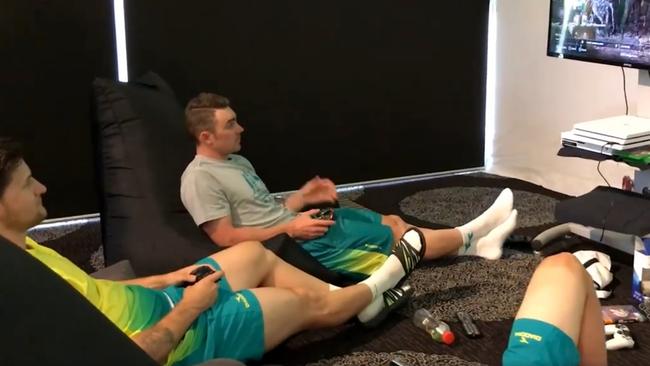
“We’d gone through a whole cycle and not achieved too many different results so we wanted to do something different, focused on Comm Games and wanted to go really fast here.
“So we’re going to be happy with that but we’ll also go back and look at what we can do differently to make sure we’re faster in Tokyo.”
Morton echoed that sentiment on opening night as both team pursuits and the women’s team sprints won gold.
“He (Jones) puts his money where his mouth is and I think it was a little bit controversial but hey, three of the teams have walked away with gold medals so you can’t really argue with that can you,” she said.
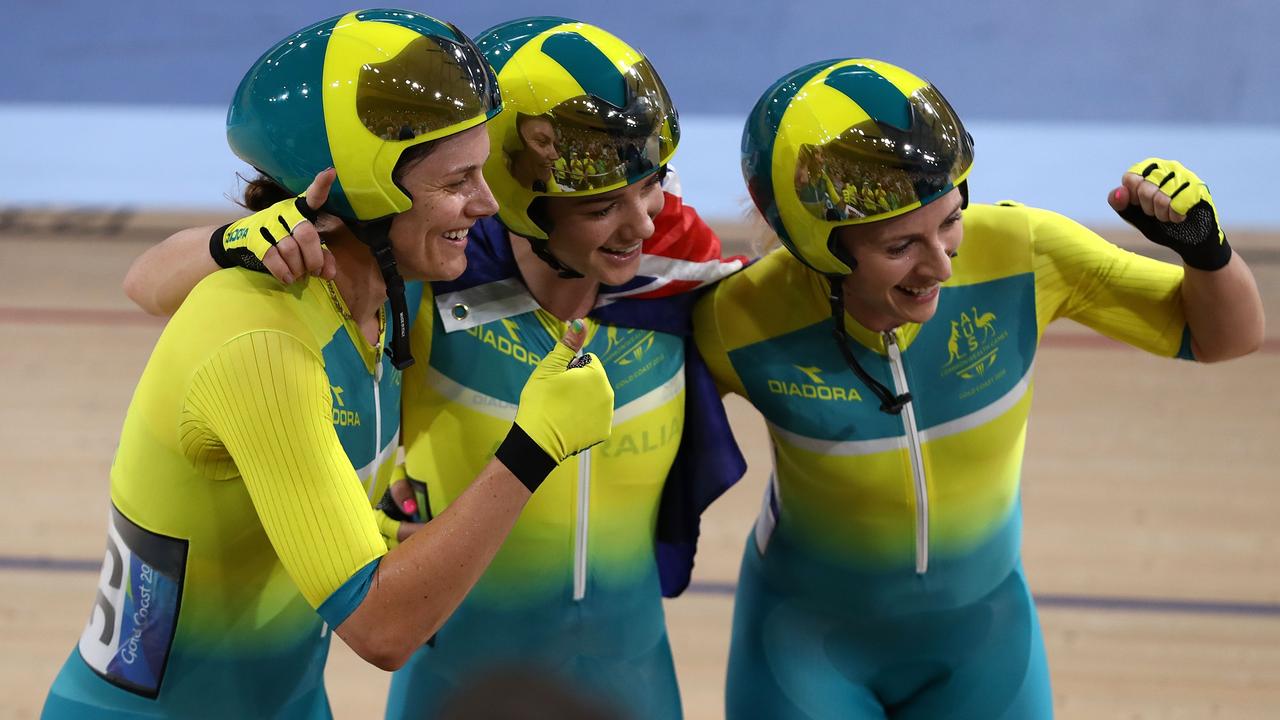
“Three gold on one night is an absolute credit to the change, to Simon, the coaches and whole program, there’s heaps of people who should have been here and weren’t like gym coaches and psychs, it takes an army to get athletes here so a massive thank you.
“We use each other as motivation and be there for your teammate, as a group we work really well, we’re really good at motivating each other and tonight I think it’s going to be buzzing back at the hotel and that momentum can be good for the rest of the week.”
But much of the team unity has been driven by the riders and coaches themselves rather than those making the decisions at the top.
From the outside it would appear the bond between the entire track team has not been this close in years.
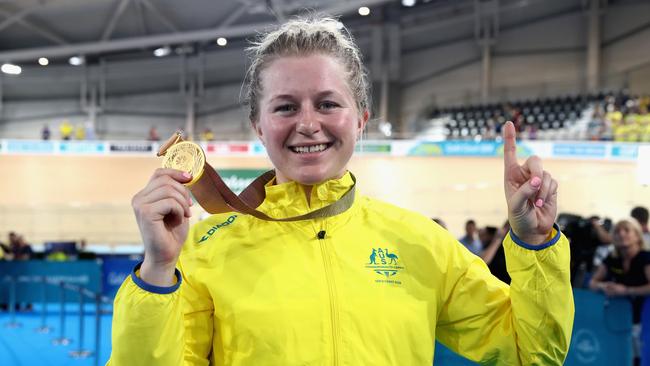
After winning individual gold in the scratch race on Saturday, Sam Welsford said it was nice but he still preferred the team events and he would “run through fire” for his team pursuit mates.
Jordan Kerby and Rebecca Wiasak were in tears after missing out on a ride in the team pursuit finals, yet they were the first people mentioned by their triumphant teammates who were interviewed post-race.
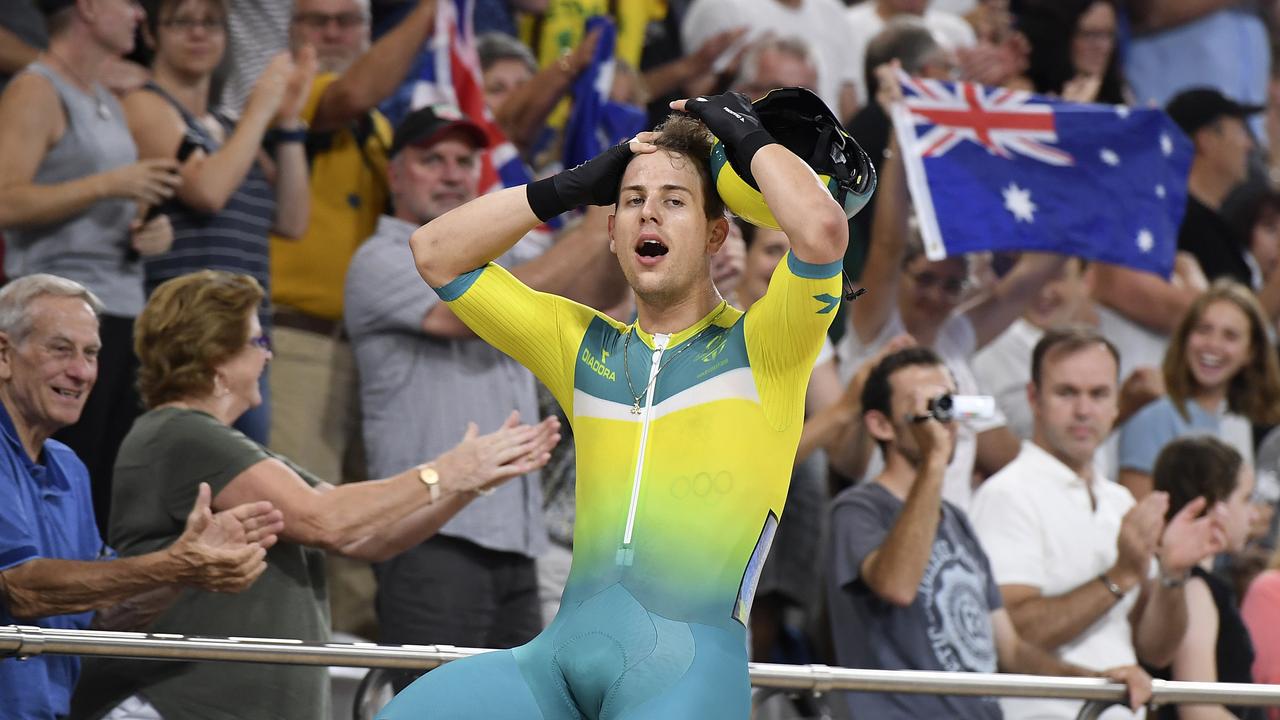
And what resonated with Wiasak was when she saw a hand-drawn poster made by men’s coach Tim Decker’s sons which included every rider in the squad — not just the four who broke the world record.
“All seven boys were on it and I thought ‘wow that’s so nice’ because you see the four boys on the track in the final but you had Jordan Kerby riding in the heats, Nick Yallouris who was devastated to miss out, Cam Meyer who could probably step into that squad whenever he wanted, and Rohan Wight who has already gone to Europe,” Wiasak said.
Matt Glaetzer wasn’t quite crying but he was “devastated” after going into the individual sprint as the world champion only to bow out in the first round in a shock elimination.
But Glaetzer then mustered everything he had and went and gave his teammate Jacob Schmid a motivational rev up which powered him to an unlikely bronze medal on debut.
“He really gave me a big gee up, gave me encouragement which really shows high maturity of him after he’d been put out so yeah, awesome,” Schmid said.
Originally published as No phones and a rubber duck behind Australian cycling rebuild that nets 10 gold at Games

